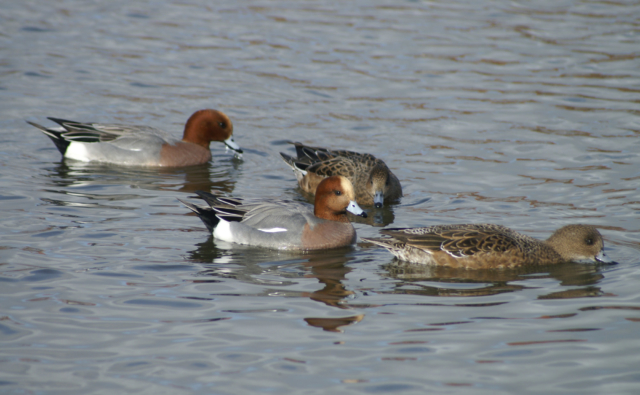This article was published in the Transboundary and Emerging Diseases journal in November 2020.

Abstract : Fasciolosis is a worldwide spread parasitosis mainly caused by the trematode Fasciola hepatica. This disease is particularly important for public health in tropical regions, but it can also affect the economies of many developed countries due to large infections in domestic animals. Although several studies have tried to understand the transmission by studying the prevalence of different host species, only a few have used population genetic approaches to understand the links between domestic and wildlife infections. Here, we present the results of such genetic approach combined with classical parasitological data (prevalence and intensity) by studying domestic and wild definitive hosts from Camargue (southern France) where fasciolosis is considered as a problem. We found 60% of domestic hosts (cattle) infected with F. hepatica but lower values in wild hosts (nutria, 19%; wild boars, 4.5%). We explored nine variable microsatellite loci for 1,148 adult flukes recovered from four different populations (non-treated cattle, treated cattle, nutria and wild boars). Populations from the four groups differed, though we found a number of migrants particularly non-treated cattle and nutria. Overall, we detected 729 different multilocus genotypes (from 783 completely genotyped individuals) and only 46 genotypes repeated across samples. Finally, we experimentally infected native and introduced intermediate snail hosts to explore their compatibility with F. hepatica and assess the risks of fasciolosis expansion in the region. The introduced species Galba truncatula and Pseudosuccinea columella attained the higher values of overall compatibility in relation to the European species. However, concerning the origin, sympatric combinations of G. truncatula were more compatible (higher prevalence, intensity and survival) than the allopatric tested. According to our results, we should note that the assessment of epidemiological risks cannot be limited to a single host–parasite system, but should focus on understanding the diversity of hosts in the heterogeneous environment through space and time.
Bibliographical reference : Vázquez A.A., Sabourin E., Pilar A., Leroy C., Leray C., Carron, E., Mulero S., Caty C., Hasfia S., Boisseau M., Saugné L., Pineau O., Blanchon T., Alba A., Faugère D., Vittecoq M., Hurtrez-Boussès S. 2020. Genetic diversity and relationships of the liver fluke Fasciola hepatica (Trematoda) with native and introduced definitive and intermediate hosts. Transboundary and Emerging Diseases doi.org/10.1111/tbed.13882



